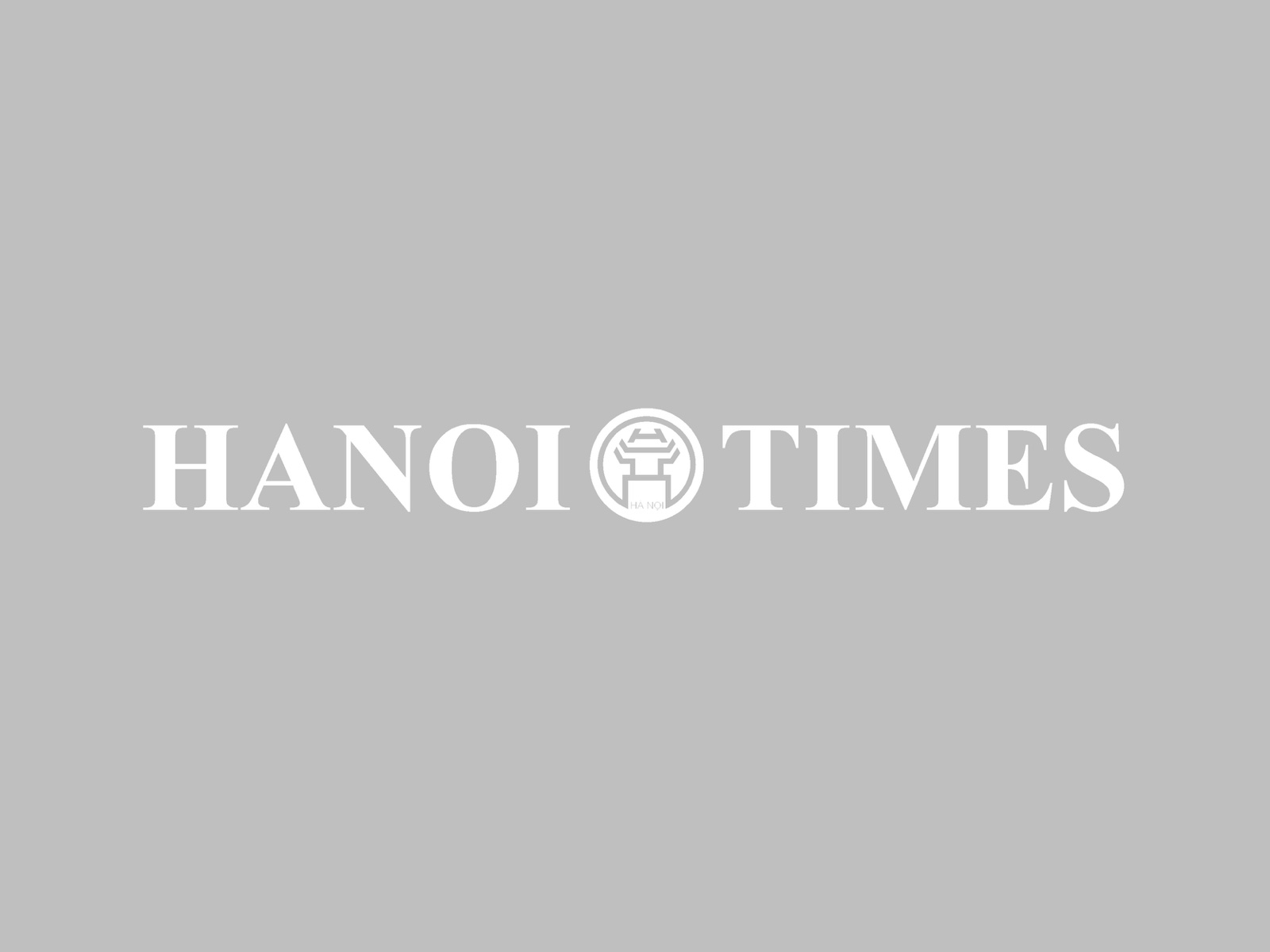Opinion
ASEAN catching up with the 4th Industrial Revolution: View from the insiders
Sep 13, 2018 / 07:00 AM
The Fourth Industrial Revolution poses both challenges and chances for Vietnam, said ambassadors, along side the the World Economic Forum on ASEAN (WEF ASEAN) 2018.

Illustrative photo
|
Basing on Malaysia’s experiences as the host for the WEF ASEAN 2016, Malaysian Ambassador to Vietnam Zamruni Khalid believes in the success of WEF ASEAN 2018 hosted by Vietnam.
“For me, Vietnam is in a good spot to organize this event. Vietnam’s experiences have been proven and shown through its being successful host of the APEC 2017, leaving many good impressions”, the ambassador said.
Regarding the opportunities and challenges of ASEAN amid the Fourth Industrial Revolution, the ambassador commended the biggest challenge that ASEAN has to face is the difference between growth rates. Overall, ASEAN countries remain less developed than a lot of countries on the world, in spite of some regional states picking up the pace with the Fourth Industrial Revolution such as Singapore, Thailand and Malaysia.
Utilizing the advantages from the Fourht Industrial Revolution, businesses can further expand their activities transnationally, creating more businesses and markets in the framework of ASEAN.
Moreover, to catch up with the Fourth Industrial Revolution, ASEAN countries can altogether learn from each other’s experiences and create separate forums to discuss, to find a sustainable direction for pushing the Fourth Industrial Revolution in the group. Similarly, ASEAN businesses should also converse on how to mature and develop in a competitive environment under the Fourth Industrial Revolution.
“At last, we cannot guarantee that unemployment will not become a reality. Therefore, workers must adapt to the new environment, understand the requirements and learn to improve on their skills. I believe that the most important task at the moment is developing further human resources and re-educate workers affected by the Fourth Industrial Revolution. Governments also need to expand their vocational trainings and guarantee that workers from every sectors can access these programs”, the Ambassador said.
Indonesia is ready for the Fourth Industrial Revolution
Regarding to the Fourth Industrial Revolution, Indonesian Ambassador to Vietnam Ibnu Hadi said that Indonesia has been preparing every available resources to fulfill the requirements of the Fourth Industrial Revolution, which comes with many groundbreaking technologies such as artificial intelligence (AI), robot, blockchain, 3D printing… These technologies are contributing to the transformation of economies, political systems, societies, yet they also create many challenges to countries’ leaders and policymakers.
In 2017, Indonesia’s GDP had surpassed US$1 trillion. Among its population of 265 million people, there are 132.7 million internet users, 177.9 smartphone users and 130 billion social network users. With such enormous potentials, Indonesia has been ready for the Fourth Industrial Revolution and is building a new roadmap for a 4.0 Indonesia. Indonesia is also trying its best to become reach top 10 of the largest economies by 2030.
According to the ambassador, the Indonesian government has decided to apply the newest techonlogy of the Fourth Industrial Revolution on 5 key sectors – food and beverage, textile and clothing, automobile, chemical and electronical industry. These industries require high levels of automation in the future and are major contributors to the growth of the Indonesian economy.
Currently, the Southeast Asian region has 10 ‘unicorn’ startups with over $1 billion in valuation and e-commerce platform-based operations, including Go Jek, Traveloka, Tokopedia, Bukalapak, Grab, Lazada, Sea, Garena, Razer, and VNG. Four of these, namely Go Jek, Traveloka, Tokopedia, and Bukalapak, are from Indonesia.
As the biggest economy in Southeast Asia, Indonesia has a relatively big potential for the Fourth Industrial Revolution. That is why Indonesia has the most amount of “unicorn” startups in Association of Southeast Asian Nations (ASEAN).
Regarding the human resources development for the Fourth Industrial Revolution, Indonesia has spent a significant amount of capitals for the education and skill training for workers to satisfy the prerequisites of the Fourth Industries. Due to such renovations in educations, Indonesian e-commerce sector has advanced significantly in numerous areas such as fashion (US$2.74 billion); travelling and housing (US$2.42 billion); furniture (US$1.29 billion)…
Comparing to other countries in ASEAN, Indonesia is not that different. Therefore, Indonesia needs to connect and cooperate further with other ASEAN countries in the wake of the Fourth Industrial Revolution. Indonesia has been mobilizing different resources among businesses, scholars and policymakers to search for new directions for the countries.
“I believe that Vietnam is on the right track towards building a digital economy. It also has comparative advantages in the above-mentioned sectors, just like Indonesia. Therefore, if Vietnam continues to utilize its potentials in internet coverage and smartphone usage, the country will soon develop itself into a digital economy, similar to Indonesia,” the Indonesian ambassador said.








